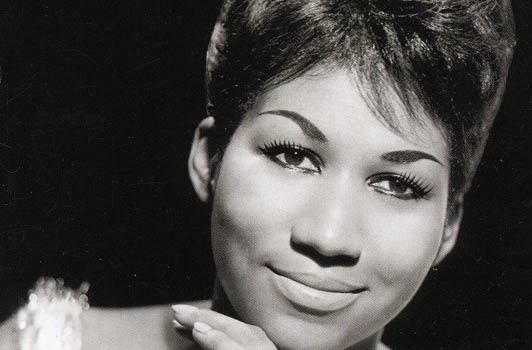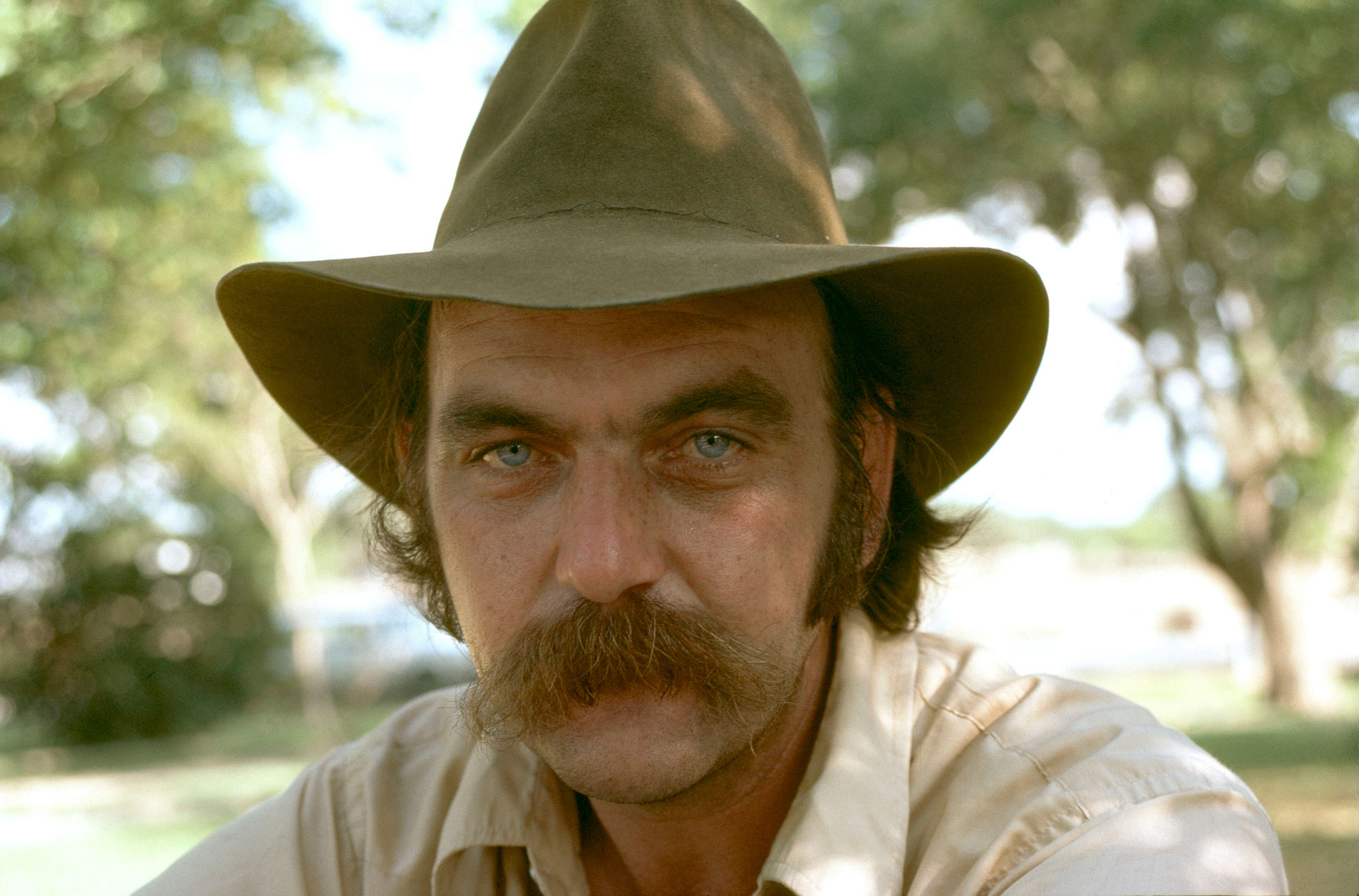Covered In Folk: Dire Straits
(The Mark Knopfler songbook, transformed)

As I noted recently in a pending radio interview for Wisconsin Public Radio program BETA, as a child of the eighties, I take a special joy in coverage of the early MTV canon. For here meets my genesis as a listener: the flashy screen, the radio cut, the pop, rock, and circumstance; the artist as entertainer, and music as a multimedia, all-encompassing agency, more than just something for the eyes and ears, but for the whole body, mind, and soul.
And there, in the thick of it, came Brothers In Arms – the first album in history to sell a million copies in CD format, and as such, an eerie fulfillment of the prophetic voice of challenge and change which typifies the work of Dire Straits, and its frontman and songwriter Mark Knopfler’s writing, on and beyond this stellar album. So Far Away and the title track, the album’s bookends, are exquisite songs of the aching worker’s heart; other, deeper cuts move fluidly from wry celebration (Walk of Life) to caustic second-person bitterness (Your Latest Trick). But from a popular perspective, at least, the album’s cornerstone is and always will be the Grammy-winning cut Money For Nothing, whose rough cut cartoon music video and working class barstool lens twinned and reduplicated the message together, offering a form of meta-analysis of the ways in which MTV both magnifies and flattens the work of the musical artist, leaving them ironically spread far and wide to be found and cherished, yet ever-more far removed from the blue-collar listener who is arguably the target audience of folk in its original sense.
Not bad for an eighties rock album. And we shouldn’t neglect the foursome overall, who worked together to create and sustain the bass, drum, and rhythm which sound so seminally like themselves, and sold over 120 million records worldwide together. But there’s something deeply personal about this music, too – and unsurprisingly so. Image search for “Dire Straits”, and you’ll mostly find solo shots of Knopfler, and in many ways, though the world he portrays is imaginative, it is also folk-and-roll literal, with well-deserved comparisons to Dylan’s rasp, his literate use of rhyme and image, diction and persona, and his focus on the stories of the street-bound heart. Though he would later yaw towards a more rootsy sound, with or without the Claptonesque guitars and JJ Cale beat, his straightforward storycraft is often politicized, and eminently blue-collar in its plainspoken approach to the universal themes of modern class-conscious culture.
Dire Strait’s willingness to write and play for the radio can make it harder to see the folkready depths; 1991’s The Bug – lighthearted and shallow, and ultimately covered by Mary Chapin Carpenter and hardly anyone else – came out the year I graduated from college, and though I still have my vinyl copy of Brothers in Arms, I suppose I relegated the band in my mind to Classic Rock afterwards for a while. It wasn’t until the end of the first post-millennial decade, upon release of his duo work with an equally aging Emmylou Harris, that I came to deeper understanding of Knopfler’s work as a producer, creator, and performer of song, started to notice his solo collaborations – with James Taylor, Gillian Welch, Dylan, Chet Atkins, and others – as evidence of a songwriter’s songwriter status well-deserved, began to see his politics, grounded as they are in place and character, as aligned with the folk rock school of fellow countrymen John Wesley Harding and Billy Bragg, and finally, began to seek out, and relish, the ways in which new hands and voices have brought the sentimentality to the forefront.
For as great coverage so often does, reinvented and revived, the Dire Straits songbook reveals the everyman’s complaint, hidden in the proletarian language of the popcharts: the heartache anyone can feel; the language rich in poetic dissonance; the politics of place and people; the celebration of thirst and thunder that represents his best. We’ll start with their Brothers In Arms tracks – five in all, and each one worth covering – and move from there to the wider canon of an artist eminently worthy of our triumphant return.
- Bhi Bhiman: Walk of Life
- Diamond Family Archive: Walk Of Life
Among the most recent of our covers here, and a delightful way to start; stripped of all urgency, Bhi Bhiman‘s version of a song that Rolling Stone once called “a bouncy Fifties rock & roll song about cool Fifties rock & roll songs” starts gently wistful and then holds us there in the garden of memory, a charming celebration of life and its motion. The Diamond Family Archive‘s muddy, muddled lo-fi reconstruction, meanwhile, leaves us riddled with anguish and despair, offering palpable contrast, and showing just how versatile the deep offerings of Knopfler’s deceptive simplicity truly can be.
- Aeneas Jones: So Far Away
- Shannon Whitworth: So Far Away
The original tonality of So Far Away is majestic, in its way. Here, southern Americana singer-songwriter Shannon Whitworth‘s primordial soup of a reversal replaces the tension of that original arrangement with a new one, equally tense and beautiful, that struggles to stay alive in the distance of drowning echoes and sustained note guitars. Preface it with an acoustic bedroom cover from versatile New Zealand artist Aeneas Jones, and again, we see the range of possibility in Knopfler’s universal lyrics and melody.
- Low Lily: Brothers In Arms
Vermont-based tradfolk trio Low Lily played a slightly more stripped down version of this song when we hoisted them a few years ago in our own Unity House Concerts series in Springfield, MA; the more highly produced version comes from their album 10,000 Days Like These, which we’ve celebrated here before. Those looking for further evidence of the song’s standing power as an anthem for working class solidarity should also check out last week’s encore performance from Jason Isbell’s set.
- Dr. Bluegrass and the Illbilly 8: Money For Nothing
An appropriately frenetic take on the song that slammed MTV way back in its formative years – one of the only co-writes in the Knopfler canon, and the sole non-solo composition on Brothers in Arms (co-written with and originally performed with back-up vocals from Sting, himself an early beneficiary and adopter of the MTV mindset). Money For Nothing is increasingly a jamgrass standard, oddly enough; though it’s tempting to see such genre reinvention as bitter, given how little TV-play jam- and bluegrass get, UK-based low-tech bluegrass hillbillies Dr. Bluegrass and the Illbilly 8 give the song a good run for its money.
- Jennifer Warnes: Why Worry
Highly contemporary, stylistically-speaking, with the rich, almost too-syrupy production favored by Jennifer Warnes, who made her name covering Leonard Cohen, and last found her way to Cover Lay Down on the recent release of all-covers album Another Time, Another Place, from whence this track comes. But the sense and sensibility match the lyrics well, here – this is, after all, another of Knopfler’s most sentimental songs, and the AAA format fits like a soft, warm kid glove.
- Passenger: Romeo & Juliet
An earlier cut from Dire Straits, off 1980 album Making Movies, brought into the folkworld by a strong Indigo Girls cover, and based loosely on both the original Shakespearean text and the reframing of West Side Story. We’ve shared a few strong covers of this in the past here on Cover Lay Down, but Passenger‘s hoarse tenderness channels the longing and loss so exquisitely, we could steep in it forever.
- Lissa Schneckenburger: Tunnel of Love
- Show Of Hands: Tunnel of Love
Another twofer, this one of the second of two decent cuts from Making Movies: Sparse, ghostly upright piano and fiddlefolk from Cover Lay Down favorite Lissa Schenckenburger, who we heard above in her role as one third of Low Lily, and a more typically British balladeers folk rock version from Show of Hands, a British duo featuring singer-songwriter Steve Knightly and multi-instrumentalist Phil Beer.
- Overdriver Duo: Sultans of Swing
By far the oldest song on our playlist today; Sultans of Swing (and personal favorite Water of Love which is, sadly, more seldom covered) was originally released in 1978, on Dire Straits’ self-titled debut, and appears on the five-track demo they originally sent in to BBC radio dj Charlie Gillett, who played the track on the radio until it brought in the label. Thanks to a self-effacing lyric about the bitter day job struggles of the members of a pub band, this song has been covered aplenty, albeit mostly in bars; here, we get a bopping two-uke version from Brazil’s Overdriver Duo, whose origins are apparent by accent, and whose fine work on the smaller strings belies a penchant towards bombastic pop beats in their original work.
- DrvoTruo: Calling Elvis
DrvoTruo is a Serbian gypsy folk band, believe it or not – complete with sawing fiddle and cacophonous jangling guitars, which retread and revive a deeper cut from the same aforementioned last-gasp post-revival 1991 album from whence came The Bug. Still not my favorite era for Knopfler, but you’ve gotta love the sheer, fantastic joy here.
- BONUS TRACK: Sunjay: Sailing to Philadelphia (orig. Mark Knopfler)
- BONUS TRACK: Sweet Baby James: Sailing to Philadelphia (orig. Mark Knopfler)
A title track, originally performed with James Taylor, from Knopfler’s second post-Dire Straits break-up album, which cemented the man’s prowess as a solo artist once again, even as it failed to chart as high as the band in their heyday. Like Romeo & Juliet, the song is based in literature – in this case, in Thomas Pynchon’s retelling of the story of Mason and Dixon. Two versions lay the sentiment bare: a sweet solo track from Sunjay, and a rich wash from James Taylor cover band Sweet Baby James, both out of Knopfler’s own England.
Always ad-free and artist-centric, Cover Lay Down has been exploring the ethnographic intersection of folk and coversong since 2007 thanks to the support of artists, labels, promoters, and readers like YOU. So do your part: listen, love, like, and above all, purchase the music, the better to keep it alive.







